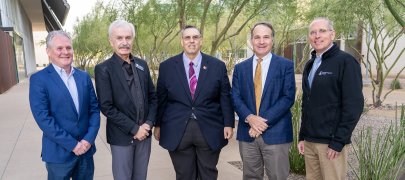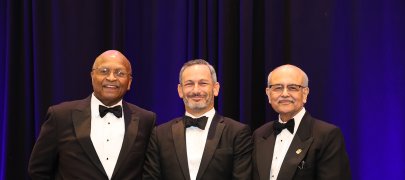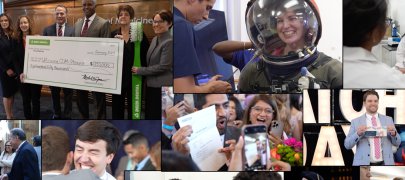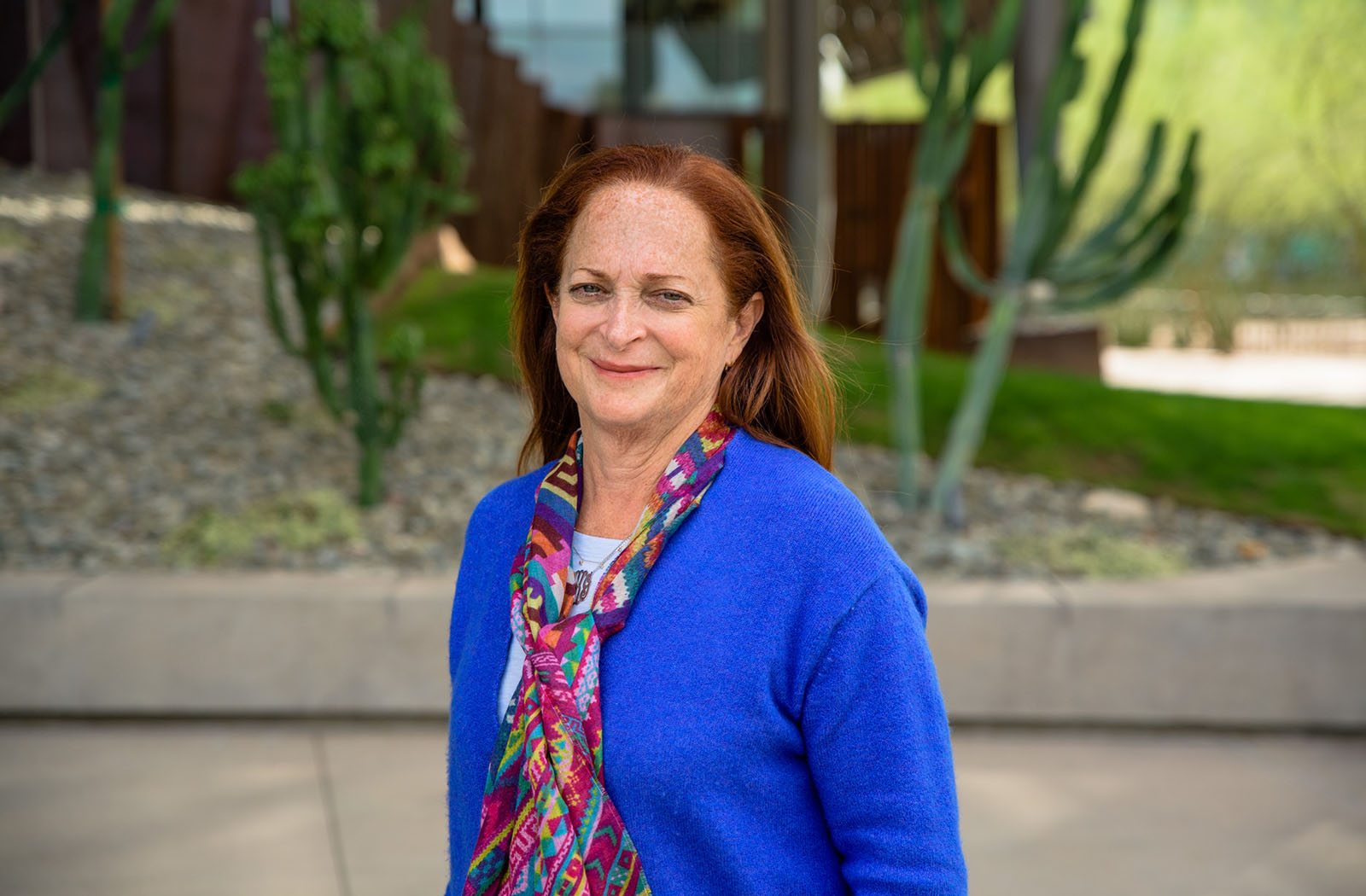
Women in Medicine Fighting COVID-19: Marilyn Glassberg, MD

In honor of this year’s Women in Medicine and Science month, the University of Arizona College of Medicine – Phoenix has asked a few faculty to share their inspiring stories and work that is helping our community through the coronavirus pandemic.
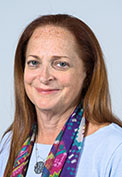 Meet Marilyn Glassberg, MD
Meet Marilyn Glassberg, MD
As the division chief of Pulmonary Medicine, Critical Care and Sleep Medicine, Marilyn Glassberg, MD, has been caring for some of the sickest patients with COVID-19 and helping the Phoenix community lead the way in research, clinical trials and protocols as it relates to the coronavirus.
Dr. Glassberg started at the University of Arizona College of Medicine – Phoenix in October 2019. Four months into her role, the coronavirus hit the U.S.
Describe your experience working during the COVID-19 pandemic.
It was a quick learn for me since I had just arrived at the University of Arizona. I barely knew my way around, but it turned out I knew a lot of the right people. With the help of my colleagues, we were able to create amazing multidisciplinary teams to tackle the monster in front of us that we knew so little about, COVID-19. It was a concerted effort that really led to forging a lot of great collaborations, relationships and amazing patient care. It brought groups together that probably didn’t spend much time together before the pandemic, but now they are working together and they are forming great teams. The pandemic allowed us to build a lot of really important relationships very quickly, which would have probably taken us a long time to create.
What would you like the community to know about your work during this time as a woman in medicine and science?
I join a lot of the leaders of this fight against the pandemic. Many of the leaders have been women. It has been a chance to show equity in medicine and that has made me really pleased. The sex and gender question disappeared. It was “who is going to get that job done?” It didn’t matter their gender. The pandemic has also strengthened the relationships and collaborations for women in medicine and science.
Describe your community work during the pandemic.
The biggest things have been my work with the Native American communities. I have done a lot of work with the Indian Health Service. I did this as a result of the patient population we care for. When that influx happened, it didn’t seem like the education and information was getting to these communities. We helped the community by working with a team of medical students, faculty and residents.
Additionally, I’ve been presenting at grand rounds for the Society of Hospital Medicine via Zoom to get information out and make the community aware of all the research we are doing at U of A with COVID-19.
What does your day-to-day look like?
I’ve been working to make sure we are doing clinical research to better develop treatments and understand the disease, because we continue to know so little about COVID-19. For example, we recently were accepted into two clinical trials including the National Institutes of Health Passive Immunity Trial of the Nation for COVID-19 clinical trial and a trial operated by Johns Hopkins that will test the effectiveness of outpatient treatment.
It’s important for the community at large to realize what a huge research effort is going on at our institution. It has been very important to us. We owe it to the community. There are so many people who got sick and we need to figure out how to get all of those people better the next time around and to make sure this doesn’t happen again. Once we had the surge and had so many patients, it was mandatory for us to get the right data, do the research and to gather solid, robust information to help us in the future. To help our Arizona community, we have partnered with institutions across the globe, including our colleagues at the University of Arizona College of Medicine – Tucson.
COVID has also showed us our weaknesses. It enabled us to develop task forces to improve our quality of care. COVID unmasked deficiencies. We developed task forces to bring all of these people together that often didn’t work together at all. Now we are working in great teams and there is a positive change. It will impact how we care for patients for years to come. We were able to do this because we got support from the institution and its leaders.
You have so many different roles. How have you managed it all during the pandemic?
It’s an important job. What makes it work is the people I work with. My success at this has been related to the wonderful people I work with at all levels from my assistant, to the nurses, our respiratory technicians, etc. I don’t think I could have done it without them.
What advice or words of encouragement do you have for other physicians during this time of uncertainty?
Always lead with your heart. You must have tremendous compassion and concern for these patients. We’ve had a lot of successes, but you don’t know what is going to happen with them in the long-term. As physicians, we have been able to celebrate a lot of success. Hearing back from patients or having them send photographs of how they look now or how they are feeling has been incredibly rewarding.
There is also so much value in working in teams. You learn that people are really talented in what they do. Sometimes, you even discover a skillset you didn’t realize your colleague had.
About the College
Founded in 2007, the University of Arizona College of Medicine – Phoenix inspires and trains exemplary physicians, scientists and leaders to optimize health and health care in Arizona and beyond. By cultivating collaborative research locally and globally, the college accelerates discovery in a number of critical areas — including cancer, stroke, traumatic brain injury and cardiovascular disease. Championed as a student-centric campus, the college has graduated more than 900 physicians, all of whom received exceptional training from nine clinical partners and more than 2,700 diverse faculty members. As the anchor to the Phoenix Bioscience Core, which is projected to have an economic impact of $3.1 billion by 2025, the college prides itself on engaging with the community, fostering education, inclusion, access and advocacy.
